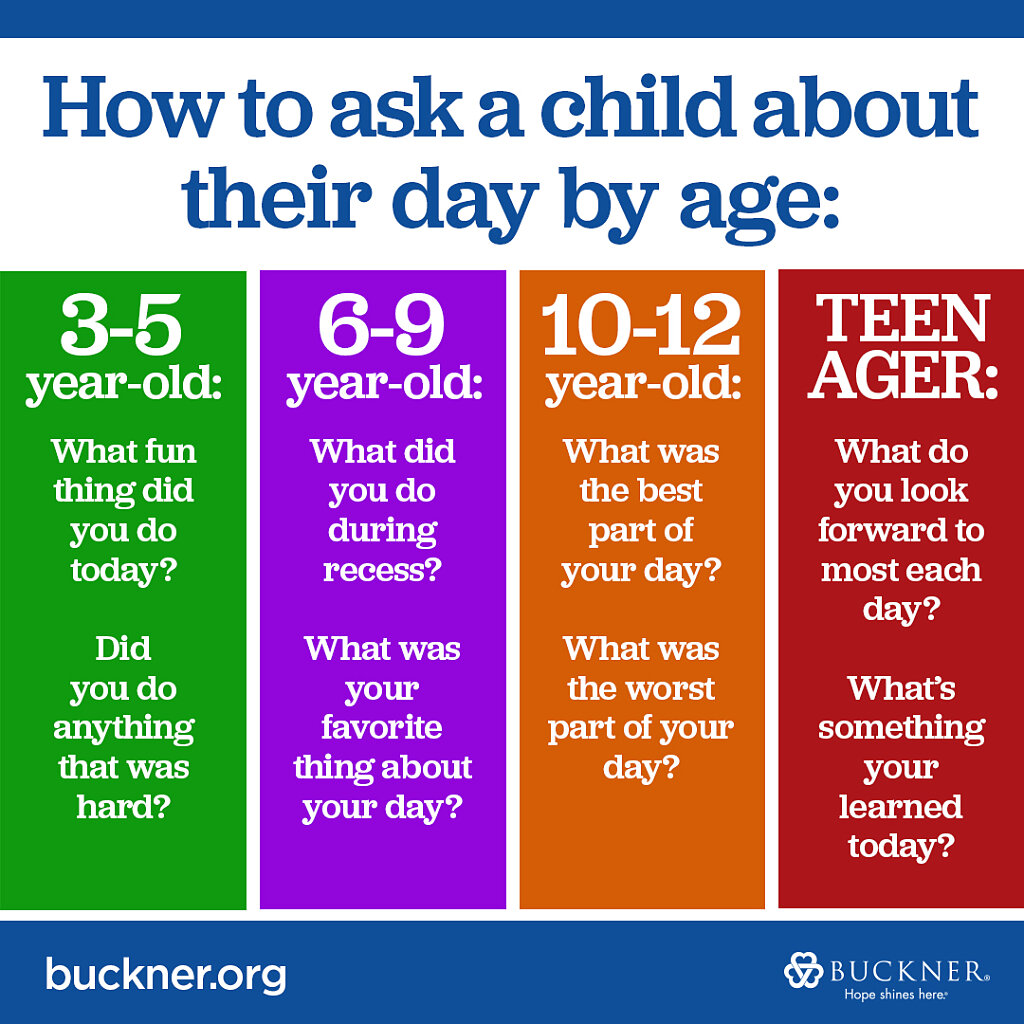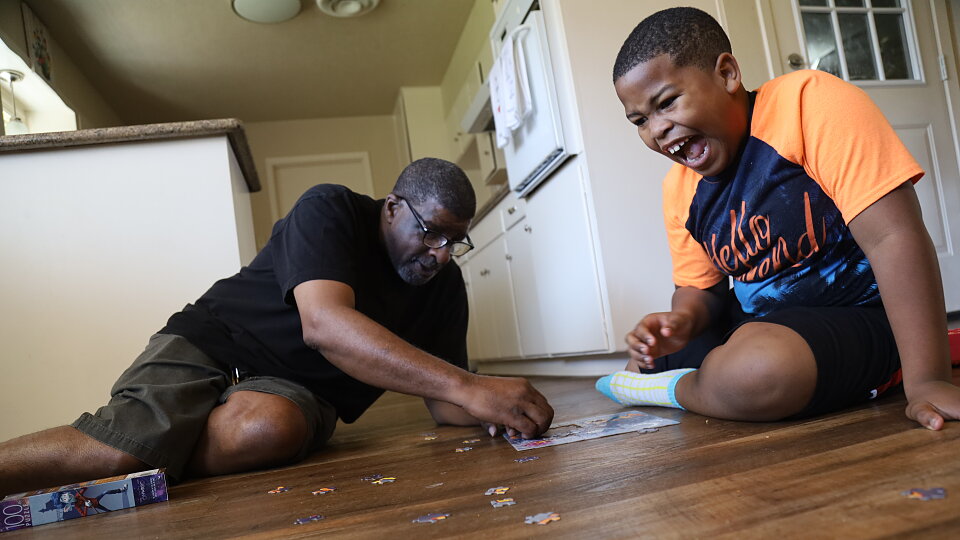5 ways to connect with your family
Communication is key
Communication is crucial to success. Not just for businesses and governments, but families too. Without proper, effective, healthy communication, nothing can function well. Just like companies need finance and HR departments to communicate so they know how much to pay a new employee, families must communicate with each other to keep things running smoothly.
Healthy families have healthy communication
In healthy families, communication is made a priority. Healthy families have clear, respectful communication with one another. This includes parents speaking to children, children speaking to parents, and children speaking to one another and parents to one another. Mom and dad can model healthy communication for the kids by how they talk to each other.
What is healthy communication?
In order for family members to communicate effectively and in a healthy manner, all parties must be open and honest with one another. Communication is a two-way process and both individuals must be willing to listen and speak.
Teaching children to communicate
Children learn their communication skills from parents or caregivers from a young age. They learn how to respond to others both verbally and nonverbally by watching the adults in their lives communicate. It’s important to show children how to actively listen and speak with respect.

Here are 5 ways to foster good communication as a family.
- Eat as a family (without devices). According to family therapist Anne Fishel, “Regular family dinners are associated with lower rates of depression, anxiety, and substance abuse, and eating disorders, and tobacco use, and early teenage pregnancy, and higher rates of resilience and higher self-esteem.” Eating meals together creates a designated time to hear about what's going on in everyone’s lives. It's a scheduled activity where children and parents can focus on the family unit, share what they're experiencing day-to-day, learn new perspectives, and laugh together.
- Do chores together. All families have chores to do around their home. When possible, try to do chores together as a family. Need to clean the house? Go room by room together getting it done by dividing tasks. Painting a room? Buy a few extra brushes and get the whole family involved. Working in the yard? There is always a need for an extra set of hands. While this may take some creativity for different aged children, it's possible to get everyone involved. Working side-by-side on a task is a great opportunity for organic conversation and bonding.
- Take a walk. Going for a walk isn't just a benefit for everyone’s mental and physical health, but it can also foster good conversations as well. A nightly stroll around the neighborhood or through a local park can get everyone out of the house, away from screen time and talking. It’s also an easy activity to include the younger kiddos with a stroller.
- Talk about things that matter. Fun, small, routine conversations are a part of building relationships, but it’s important not to skip over the big topics. Once a week, bring a more serious subject to the dinner table. Something going on locally, a faith question, or even a scenario. This is a great opportunity to teach your kids right from wrong, what you believe, or create space for them to ask questions that stir their curiosity.
- Have family meetings. Family meetings may sound silly, but they can be a great opportunity to discuss schedules, goals, to-do lists and priorities. It’s helpful to start the week with everyone on the same page for the plans ahead. Some families start including their kids in these meetings as early as kindergarten. Having a weekly family meeting shows children how to plan, communicate those plans, coordinate and compromise.
Communication sometimes comes easy, and sometimes it requires work. Some conversations will flow organically, and others require more tact and thoughtfulness. To set kids up for success in all aspects of life, it’s important for families to teach and model healthy communication to kids from an early age.




Add a Comment